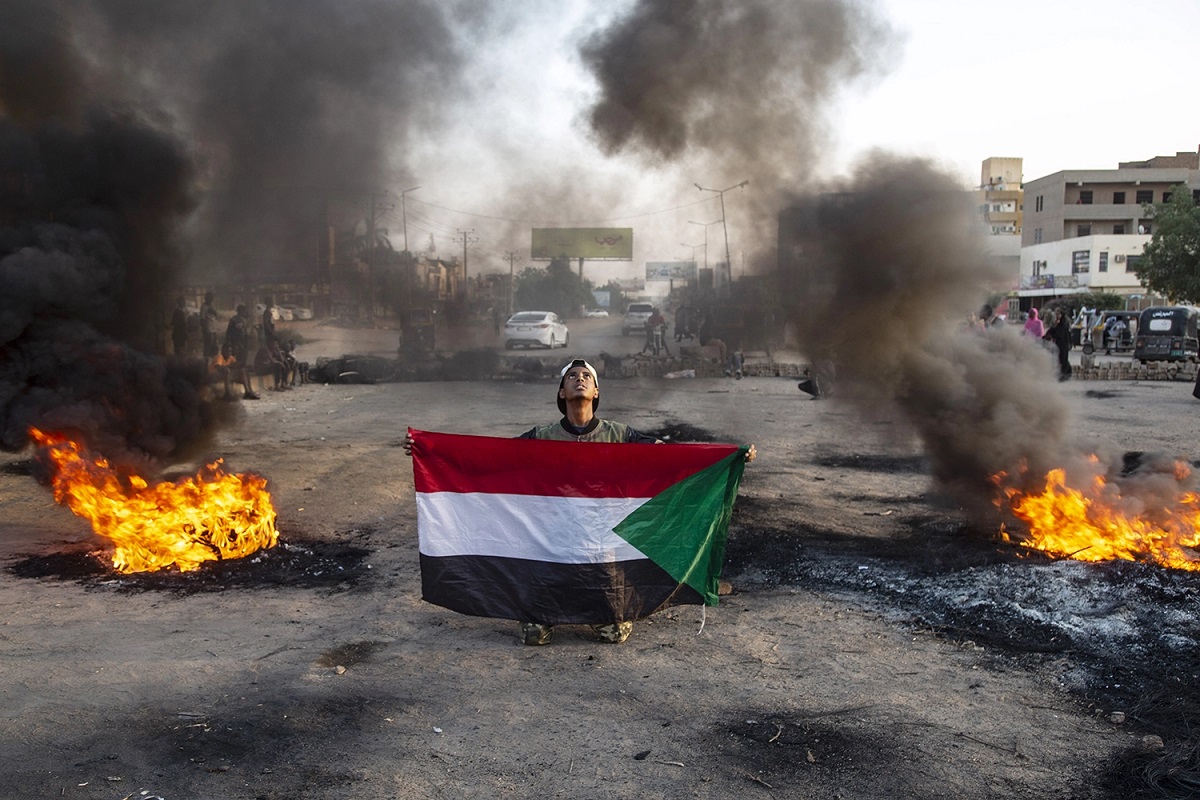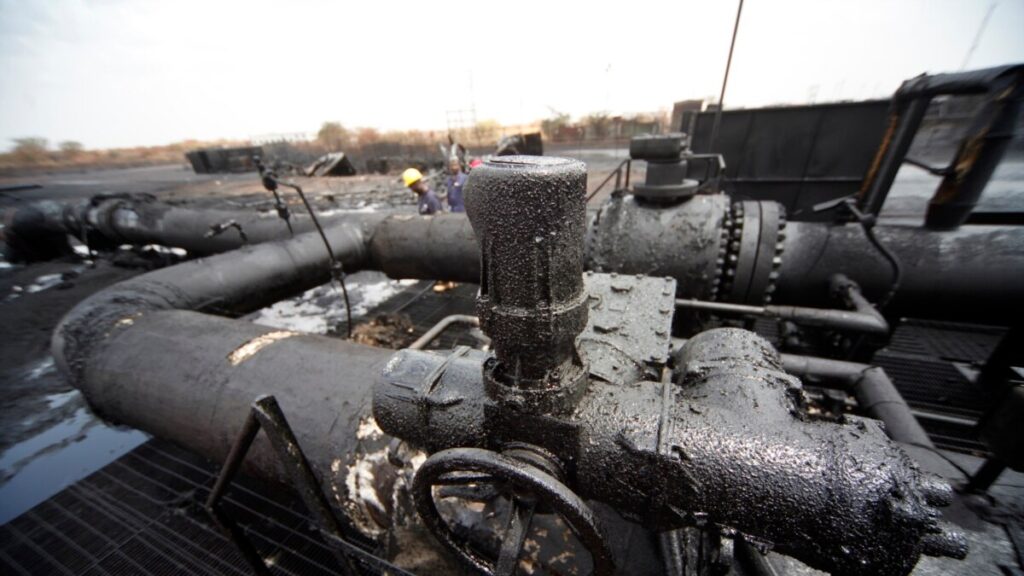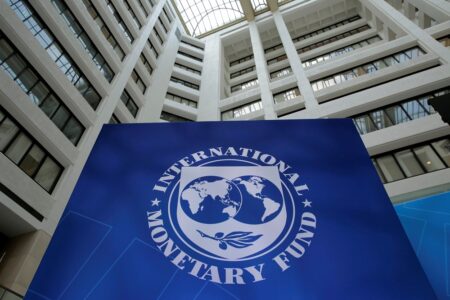- A broken pipeline in South Sudan has thrown its capital, Juba into a state of turmoil.
- The pipeline in question is essential for the transportation of both crude oil and refined petroleum products.
- The economic implications of the pipeline failure are profound.
South Sudan, afflicted by civil war, famine, and natural disasters, secured its independence from its northern neighbor, Sudan, over a decade ago. However, pervasive corruption and a violent kleptocratic system have fueled ongoing conflicts, and mass atrocities have impeded its progress on the global stage.
In recent weeks, Juba, the capital of South Sudan, has been thrust into a state of turmoil following the failure of a critical pipeline that serves as a lifeline for the city.
The broken infrastructure, which until recently carried more than 150,000 barrels of crude oil to the Red Sea coastline in Sudan, ceased operations in February following a blockage resulting from gelling in the pipeline due to a lack of diesel crucial for thinning out the crude.
The broken pipeline has exacerbated existing challenges in Africa’s youngest nation. The 1.5 million people living in Juba now grapple with a lack of electricity supply, clean water, diminished incomes, and medical care as the country’s key resource dries up.
The Importance of the Broken Pipeline in South Sudan
The pipeline in question is essential for the transportation of both crude oil and refined petroleum products. South Sudan, which gained independence from Sudan in 2011, relies heavily on oil exports as its primary source of revenue. The country’s economy is largely dependent on the oil sector, contributing to over 90% of government revenues. Thus, disruption to the oil supply chain has had immediate and far-reaching consequences.
The broken pipeline has not only halted oil exports but also affected the availability of fuel for transportation, electricity generation, and other critical services. This situation has led to fuel shortages across Juba, exacerbating already high living costs and sparking protests among the population.
Economic Impact
The economic implications of the pipeline failure are profound. Juba has experienced a spike in fuel prices, creating an immediate financial burden on families and businesses alike. Small businesses, already struggling in a challenging economic climate, are particularly hard hit.
The broken pipeline has caused the local currency to plummet to a record low. The South Sudanese pound now fluctuates at around 5,000 to the dollar as reserves of the US currency from oil proceeds have vanished. The pound was valued at around 2,500 before the pipeline failure.
Many have had to increase their prices to keep up with rising operational costs, leading to inflation and reduced purchasing power among citizens. The situation has left only a few people in the South Sudan capital of Juba with purchasing power as salaries go unpaid and the cost of local and imported goods skyrocketing.
Read Also: South Sudan Economy Contracts 6 per cent From Low Oil Revenue and Floods
Social Unrest

In its short period as an independent nation, South Sudan has struggled with natural disasters and famine. A system of kleptocracy and widespread corruption have stoked violent conflict and mass atrocities, with more than two million people displaced and a further seven million in humanitarian crisis. The effect of conflict, especially in a country with a history of violence, cannot be overstated.
Concerns regarding South Sudan’s economic collapse extend beyond the chaos in Juba. The likelihood of elections happening later this year has diminished, with the US withdrawing funding for the vote due to doubts about its integrity. Consequently, the financial crisis is exacerbating persistent food shortages and contributing to increasing instability.
Public Health Concerns
The public health consequences of the pipeline failure are significant. Fuel shortages have disrupted the transportation of essential medical supplies. Hospitals and clinics, already under considerable strain, are struggling to offer care. The fuel scarcity has obstructed patient transportation to medical facilities and the delivery of vital medications, thereby exacerbating the risk to human life.
Moreover, the increased cost of living may lead to malnutrition and poor health outcomes, particularly among vulnerable populations such as children and the elderly. Without immediate intervention, the public health crisis may worsen, placing additional strain on a healthcare system that is already on the brink of collapse.
Environmental Considerations
The failure of the pipeline also raises environmental concerns. Oil spills can have devastating effects on local ecosystems, impacting water quality and biodiversity.
In a country where many communities rely on agriculture and fishing for their livelihoods, environmental degradation may exacerbate poverty and food insecurity. Addressing these environmental issues will require significant investment and expertise, both of which are in short supply in South Sudan.
The Way Forward
With part of the pipeline in an active war zone in Sudan where a brutal civil war is ongoing, repair work has been slow. Thus, South Sudan is looking for alternative routes to get the oil out. Earlier this year, the government asked the United Arab Emirates and Qatar for urgent cash bailouts to keep the government afloat.
Everyone invested in South Sudan understands that the only way for life in Juba to return to normalcy, at least temporarily, is by repairing the pipeline and resuming the flow of oil. Efforts are being made to achieve this.
President Salva Kiir, on a recent trip to China, discussed with CNPC Chairman Dai Houliang the possibility of constructing a new pipeline through Djibouti and Ethiopia, as reported by the South Sudanese presidency.
Last year, South Sudan held talks with Kenya and Ethiopia to truck oil to the coast for export, though to date that has been deemed too expensive to be viable.











